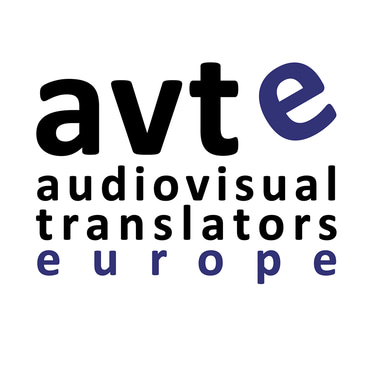Keywords: communiqué from ACTA-Tramiti
The video game localisation industry is becoming unsustainable for freelancers: multinational giant Keywords ignores requests for collective bargaining
4/14/20253 min read
Keywords International Limited (https://www.keywordsstudios.com), an agency which relies on freelancers to provide translation and related services for video games, has been recently acquired by the equity fund EQT (www.eqtgroup.com), and set a clear example of how the race for profit often comes at the expense of workers.
Is it possible to create a profitable yet sustainable business for all parties involved?
In December 2024, the freelance translator associations Tramiti (for Italy) and AVTE (for Europe) attempted to open a dialogue with Keywords, but their invitation has so far been met with a wall of silence.
Tramiti (association of Italian Multimedia Translators) is a section of Acta, an Italian union of professionals. It was founded by a community of multimedia freelance translators (mainly working in the subtitling and video-game industries). Keywords is one of the main service providers in the market and is known for having gained an edge on its competitors by applying an aggressive profit-first logic, to the detriment of both its employees and external collaborators, undermining the basis of a sustainable collaboration.
Keywords' most harmful practice is the "merging & acquisition" policy, in which they systematically absorb smaller and "more human" companies, increasingly limiting the alternatives for those who would like to earn a living through translation. The culmination of this process was seen last summer: in preparation for Keywords' acquisition by the equity fund EQT, 31 employees were laid off for no other reason than to increase the company's already high profit margin.
Keywords’ freelance collaborators, although not directly affected by the layoffs, are experiencing a continuous deterioration of their working conditions and compensation. The experiences of many of them paint a very discouraging picture:
The collaborators who were "inherited" from small agencies through the acquisition and who kept decent rates rarely receive projects anymore.
There is a constant turnover in which those who are not willing to make their rates more "competitive" are periodically replaced by inexperienced newcomers who accept lower rates simply because they don't know what constitutes a livable rate and rely on the agency. This process repeats itself and continuously reduces the rates.
In the past, some collaborators were persuaded to accept very low "entry-level" rates with the prospect of periodic adjustments based on the newly-gained experience. However, these adjustments turned out to be negligible at first and then became practically non-negotiable. As a result, many freelancers with years of experience in the company are still working at entry-level rates, with a monthly income equivalent to that of an unskilled beginner.
More recently, to justify its rock-bottom rates, Keywords adopted a "wholesaler approach". According to this logic, by accepting a lower rate, one can work on more projects (though no guarantee is provided in this regard), thus earning an equal or higher income. Artificial Intelligence plays a part in this approach too, since it would allegedly justify rates that are two-thirds of those for purely human translation, with the reasoning that the translator wouldn’t be starting from scratch. The problem is that, in the field of multimedia translation, the help of AI is far more hypothetical than real (see the Statement on Generative AI [https://avteurope.org]).
The scenario created by Keywords is not only harmful because of the low rates per se, but also because it traps freelancers in a vicious cycle: in order to earn a livable income, they have to overload themselves with poorly paid tasks, which leaves them neither the time nor the energy to seek out (increasingly rare) better clients.
To address this situation, AVTE (Audiovisual Translators Europe, the umbrella association of national unions from Europe and beyond) and, in particular, Tramiti emailed Keywords' Resource Management on December 13 and 20, 2024 respectively, with a follow-up request on February 3, 2025.
In these messages, they expressed the difficulties of their members working with Keywords, and they invited the company to work together to find an alternative business model that could be sustainable for both parties and serve as a virtuous example for the entire industry.
More specifically, Tramiti requested that a minimum, fair rate for entry-level freelancers be set, one that is transparent and negotiable upwards, in order to prevent the exploitation of newcomers and unfair competition, as well as a reconsideration of the new automated project assignment system, which resembles the exploitative mechanisms used for riders and other gig-economy workers.
As of today, Keywords has not responded to either AVTE or Tramiti, who, for their part, will continue to report unsustainable practices in the translation industry.
Sources/Contacts:
Acta, the freelancer association Tramiti belongs to (https://www.actainrete.it/)
Tramiti social media channels: LinkedIn (https://it.linkedin.com/company/tramiti-acta) , Instagram (https://www.instagram.com/tramiti_it/) , Bluesky(?)
AVTE – Audiovisual Translators of Europe (https://avteurope.org/)
